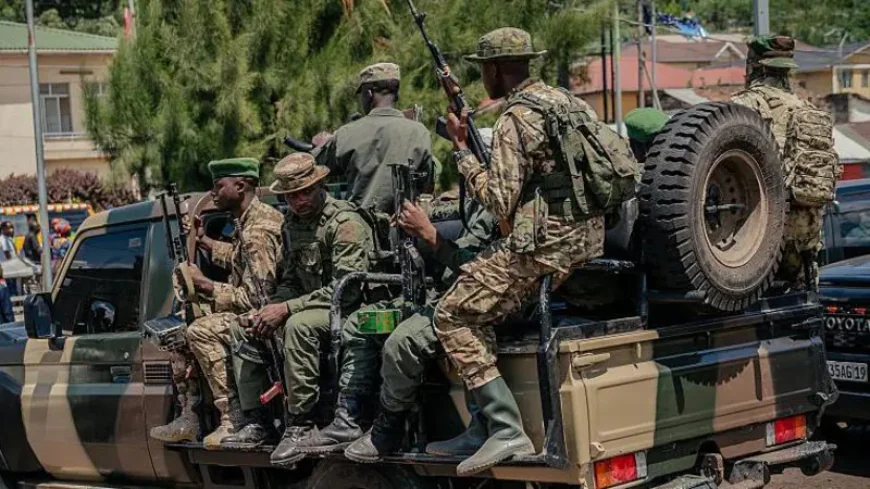A New Push for Peace in the Great Lakes Region
The draft peace deal between Rwanda and the Democratic Republic of Congo.

Rwanda and the Democratic Republic of Congo (DRC) have reportedly crafted a draft agreement aimed at ending years of conflict in eastern DRC.
This development, facilitated by mediation efforts from the United States and Qatar, could pave the way for stability in a mineral-rich region that has been plagued by war for over three decades.
Key Provisions of the Draft Agreement
The proposed deal outlines several crucial steps to de-escalate tensions and foster peace. A central tenet is the separation, disarmament, and potential integration into peace efforts of armed groups operating in eastern DR Congo, subject to specific conditions. To prevent future outbreaks of violence, the agreement also includes a plan for a joint security team tasked with preventing new conflicts.
The Road to Formalization and Potential Economic Impact
The draft agreement is slated for official signing next week, with expectations of a formal ceremony next Friday attended by US Secretary of State Marco Rubio.
The US State Department confirmed that initial work on the draft was completed following three days of extensive discussions in Washington covering political, security, and economic aspects. If finalized, this agreement could unlock billions of dollars in foreign investment into the region, revitalizing an area historically rich in natural resources but hampered by prolonged conflict.
Building on Previous Efforts and Lingering Questions
This latest draft builds upon a prior agreement signed in April in Washington, where Rwanda and the DRC committed to respecting each other's borders and to expedite the development of a peace plan. Despite these positive steps, experts caution that many questions about the deal remain unanswered.
The Escalation of Conflict and Underlying Tensions
The conflict intensified this year with the M23 rebels, widely believed to be supported by Rwanda, seizing control of key mining areas in eastern DR Congo, including Goma in late January and subsequently Bukavu.
The rebels have even begun administering local governments in these areas. Rwanda, however, denies backing M23, asserting that its military presence is solely to defend against groups like the FDLR, a rebel group largely composed of ethnic Hutus with ties to the 1994 Rwandan genocide.
The recent fighting has resulted in a significant humanitarian crisis, with thousands of civilians killed and hundreds of thousands displaced.
International Involvement and the Mineral Connection
In response to the M23 advances, the Congolese government sought assistance from the United States, offering access to its valuable mineral resources, such as coltan, which are crucial for global electronics manufacturers. The eastern DRC is abundant in these resources, making the region strategically important to the international community.
Past Failures and Future Hopes
Previous peace talks between Rwanda and the DRC have faced significant hurdles. Last year, Angola mediated two meetings aimed at discussing the withdrawal of Rwandan troops and collaborative efforts against the FDLR.
However, these discussions faltered as both sides failed to reach an agreement or secure ministerial signatures, leading to Angola ceasing its mediation efforts in March. The current draft agreement represents a renewed push for a lasting peace, but its ultimate success will depend on the commitment and cooperation of all parties involved.


